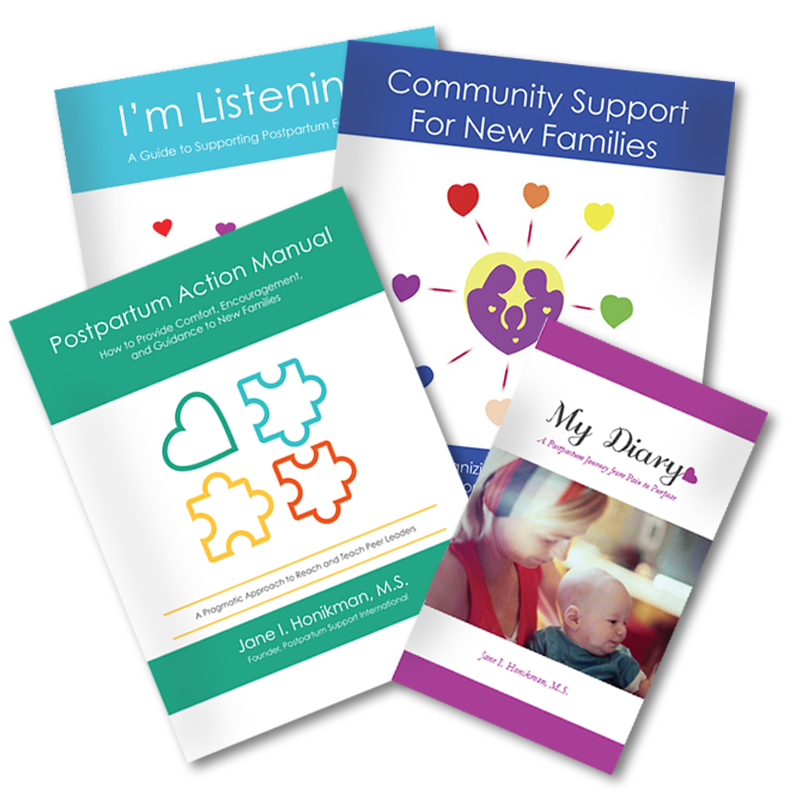![]() The KEY question to ask yourself is “Am I able to sleep given the opportunity to sleep?”
The KEY question to ask yourself is “Am I able to sleep given the opportunity to sleep?”
This isn’t intended to be a funny topic, but hearing “new baby” and “sleep” in the same sentence is almost a joke. First, the pregnancy disrupts a woman’s regular sleep cycle, and then the labor and birth upset her inner clock. The next challenge is learning to decipher the infant’s needs. During all of these changes, the mother’s recovery depends on sleep.
We all need sleep in order to stay healthy and to heal. To repair the body from pregnancy, labor, and delivery takes a certain amount and quality of sleep. Being pregnant and giving birth is a major biological, psychosocial, and emotional experience. In simpler terms, it’s a big deal! The complexities of the process fill volumes of textbooks. When I talked to women on the phone, I reminded them to respect these changes and to allow their entire body, from the brain down, to heal through quality sleep. This advice applies to men as well!
SPECIAL NOTE: A new mother’s partner and support team have to monitor both whether she CAN sleep and if she IS sleeping. Days without sleep can bring on agitation and other symptoms of mania. A woman in such a condition may be a danger to herself and her baby, and should never be left alone! The woman who becomes severely depressed after delivery of her child often loses the ability to function normally. She may drag herself to attend to the baby’s physical needs, but her brain chemistry is unbalanced. Even many hours of sleep are not restorative. Psychiatric evaluation is absolutely necessary in extreme cases.
Remember, the word “postpartum” is used clinically to indicate the entire year following birth. This correctly implies that a mother requires a full 12 months to recover from the rigors of pregnancy and birth. If you are not sleeping, get help NOW! There’s no reason to wait and struggle.


